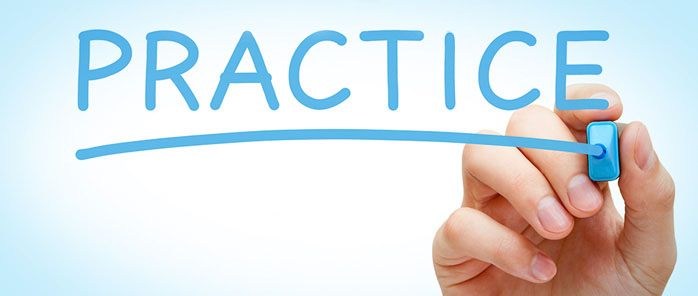Unit 11 Lesson 6 Surface Areas and Volume of Spheres
Unit 11 Lesson 6: Surface Areas and Volume of Spheres

Lesson Overview
Spheres
What You Will Learn
- find the surface area and volume of spheres, using the radius and diameter to calculate
Overview
In this lesson, you will learn to find the surface area and volume of spheres. You will show your learning by using the radius or diameter of a sphere to calculate its volume and surface area.
Essential Understanding
You can find a sphere's surface area and volume when you know its radius.
Read pages 82-89 in your course textbook by clicking on the textbook icon
This course is based on a textbook that is viewable by clicking on the textbook icon. Keep the textbook open while you go through the lesson so that you may refer to it throughout the lesson.

Lesson 6 Surface Areas and Volume of Spheres
Proceed to the Next Page
Prepare for Application
Instructions
You have now studied Surface Areas of Volumes and Spheres. It is now time to demonstrate your learning.
Try the activities below on your own. You should be able to answer these before beginning the practice.
Do these activities in your journal.
Activity 1
What is the surface area of a sphere with a diameter of 14 in.? Give your answer in terms of π and rounded to the nearest square inch.
Activity 2
What is the surface area of a melon with a circumference of 18 in.? Round your answer to the nearest ten square inches.
Activity 3
- The sphere has a diameter of 60 in. What is its volume to the nearest cubic inch?
- Suppose the radius of a sphere is halved. How does this affect the volume of the sphere? Explain.
Activity 4
The volume of a sphere is 4200 ft3. What is its surface area to the nearest tenth?


